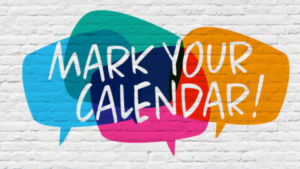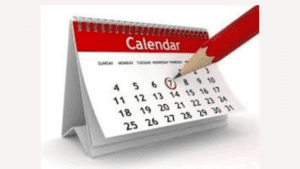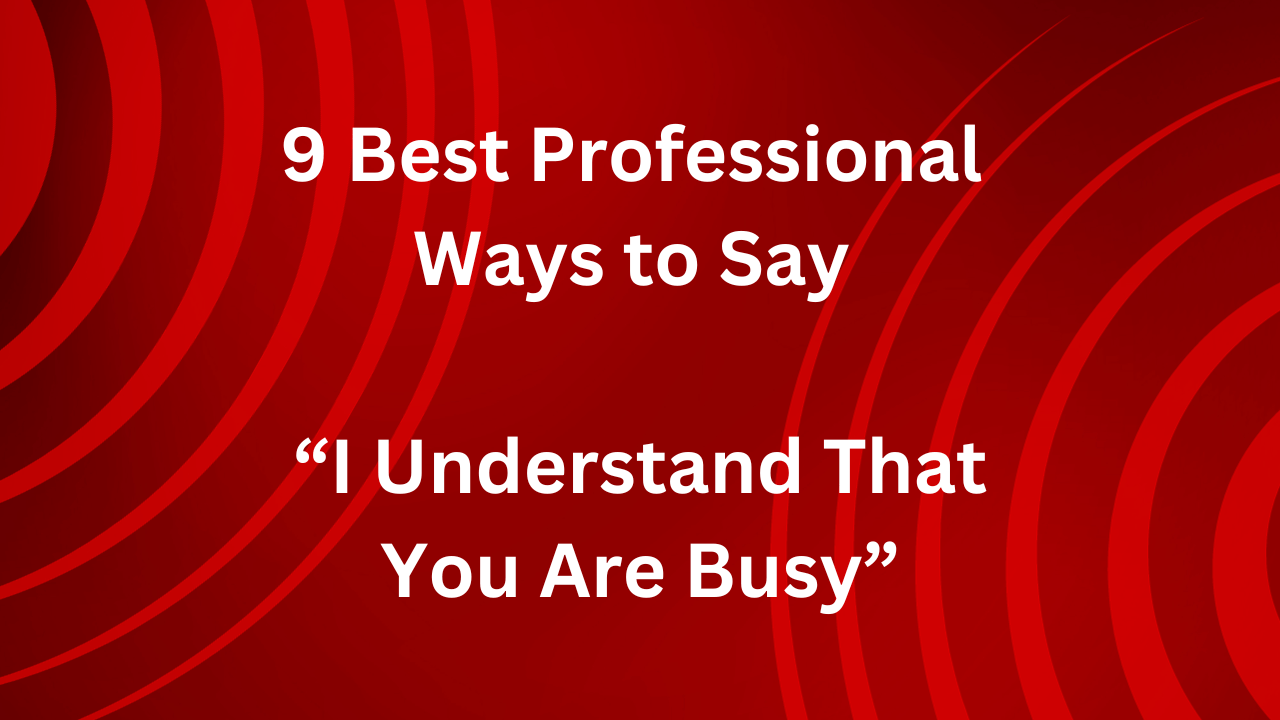When organizing events, meetings, or important dates, the phrase “mark your calendars” is commonly used to remind people to remember the date. However, using the same phrase repeatedly can become monotonous. Using synonyms can keep your communication fresh and engaging. Here are 15 alternative ways to say “mark your calendars,” each with an explanation and example to help you incorporate them into both written and oral communication.
Why You Need Synonyms for “Mark Your Calendars”

Using a variety of phrases in your communication can:
Maintain Interest: Different expressions keep your audience engaged.
Fit Different Contexts: Some phrases might be more formal or informal, suiting different situations.
Enhance Clarity: Certain alternatives might be clearer for specific audiences.
Show Creativity: Using varied language demonstrates thoughtfulness and creativity in your communication.
Prevent Redundancy: Avoiding repetition keeps your messages fresh and professional.
You may love this one: 20 Other Ways to Say “Why Are You Calling Me?”
List of Other Synonyms of “Mark Your Calendars”
- Save the Date
- Put It on Your Calendar
- Don’t Forget
- Circle the Date
- Set a Reminder
- Block Off the Date
- Pencil It In
- Jot It Down
- Reserve the Date
- Schedule It
- Make a Note
- Keep the Date in Mind
- Note the Date
- Log the Date
- Remember the Date
Save the Date

“Save the Date” is a phrase often used for significant events like weddings, parties, or major gatherings. It’s a straightforward way to ensure people remember an important date well in advance.
Example: “We’re getting married on October 15th. Save the date!”
This phrase is usually followed by formal invitations later on. It’s a heads-up so people can plan ahead and not schedule anything else on that day.
Put It on Your Calendar
“Put It on Your Calendar” is a clear and direct way to ask someone to note down an important date. This phrase works well in both professional and personal settings.
Example: “The project deadline is next Monday. Please put it on your calendar.”
Using this phrase shows that the date is important and should be remembered. It’s especially useful in workplaces where keeping track of deadlines is crucial.
Don’t Forget
“Don’t Forget” is a casual reminder used in everyday conversations to emphasize the importance of remembering a date. It’s informal and straightforward.
Example: “Don’t forget, our meeting is at 3 PM tomorrow.”
This phrase is often used among friends, family, or colleagues. It serves as a gentle nudge to keep the date in mind.
Circle the Date
“Circle the Date” is a more visual way of asking someone to note a date, implying they should highlight it on their calendar. This makes the date stand out.
Example: “Circle the date! The annual picnic is on June 10th.”
The imagery of circling a date helps people visualize setting aside that time. It’s a playful and memorable way to remind someone.
Set a Reminder
“Set a Reminder” suggests using digital tools like phones or computers to ensure the date is remembered. It’s perfect for tech-savvy audiences.
Example: “Set a reminder for our webinar next Thursday at 2 PM.”
This phrase encourages people to use alarms or notifications, making sure they won’t forget. It’s practical for important events or deadlines.
Block Off the Date
“Block Off the Date” is often used for events that require a significant time commitment. It suggests that the person should ensure they are free on that date.
Example: “Block off the date for our team-building retreat on September 21st.”
This phrase implies that the event is important and will take up a good portion of the day. It’s often used in professional contexts.
Pencil It In
“Pencil It In” is a casual and somewhat flexible way to suggest noting the date, with the understanding that plans might change. It’s informal and non-committal.
Example: “We’re planning a dinner next Friday. Can you pencil it in?”
Using this phrase indicates that the date is tentative. It’s often used for social plans or initial arrangements.
Jot It Down
“Jot It Down” is a casual and informal way to remind someone to write down the date. It’s friendly and easy-going.
Example: “Jot it down – the next book club meeting is on July 5th.”
This phrase is often used among friends or family. It’s a simple reminder to make a quick note of the date.
Reserve the Date
“Reserve the Date” is a formal way to ensure someone keeps the date free, often used for important or official events. It implies that the date is significant.
Example: “Please reserve the date for our company’s annual gala on November 12th.”
This phrase is often used in business or for events that require planning and preparation. It suggests that the date is fixed and important.
Schedule It
“Schedule It” is a direct and professional way to ask someone to include the event in their calendar. It’s straightforward and clear.
Example: “Schedule it: The client presentation is on March 22nd at 10 AM.”
This phrase is often used in work environments where precise scheduling is crucial. It leaves little room for ambiguity.
Make a Note
“Make a Note” is a simple and direct way to ask someone to remember a date by writing it down. It’s clear and to the point.
Example: “Make a note of the new policy meeting on January 14th.”
This phrase can be used in both personal and professional settings. It’s a straightforward way to ensure someone remembers the date.
Keep the Date in Mind
“Keep the Date in Mind” is a polite way to remind someone to remember an important date. It’s gentle and considerate.
Example: “Please keep the date in mind for our annual review on April 2nd.”
This phrase is often used in formal contexts. It’s a subtle way to remind someone without being too forceful.
Note the Date
“Note the Date” is a clear and straightforward way to ask someone to remember a specific date. It’s direct and effective.
Example: “Note the date: The conference is scheduled for May 18th.”
This phrase is suitable for both formal and informal contexts. It clearly communicates that the date is important.
Log the Date
“Log the Date” suggests a more formal way of recording the date, often used in business or professional settings. It implies documentation.
Example: “Log the date for the next quarterly meeting on June 22nd.”
This phrase is often used in professional environments where keeping records is important. It suggests that the date should be formally noted.
Remember the Date
“Remember the Date” is a simple and effective way to remind someone to keep a date in their memory. It’s straightforward and clear.
Example: “Remember the date – our family reunion is on August 7th.”
This phrase can be used in any context. It’s a direct reminder to keep the date in mind.
Conclusion
Using a variety of phrases to say “mark your calendars” can make your communication more effective and engaging. Whether you’re sending a formal invitation, a casual reminder, or a digital notification, these alternatives can help you keep your messages fresh and clear. By diversifying your language, you can better capture your audience’s attention and ensure they remember important dates and events.










